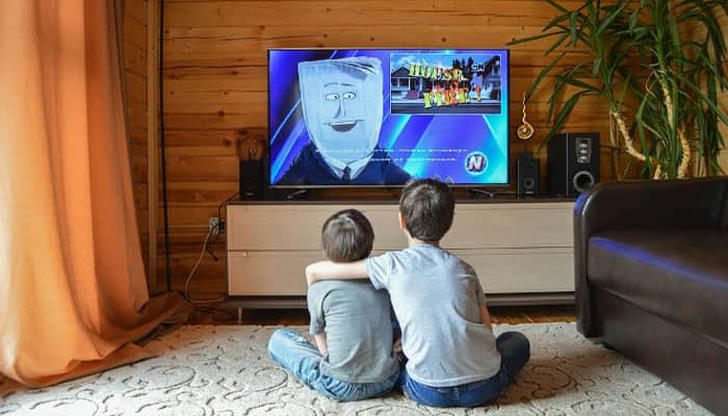This goes to all parents: Let’s talk about something we’re all dealing with these days – screen time for our little ones. It’s no secret that screens are everywhere, and our kids are growing up in a digital world. The Centers for Disease Control and Prevention (CDC) has some eye-opening stats for us. Did you know that children between 8 and 10 years old spend an average of 6 hours a day in front of screens? That’s not including school-related screen time!
The allure of screens for children is undeniable; they seem to possess a captivating power that draws young ones in. This phenomenon is increasingly recognized, as research highlights the pervasive influence of digital devices on children’s attention and behavior. The challenge lies in balancing screen time with healthy developmental practices.
Understanding Self-Regulation
Now, let’s chat about something called self-regulation. It’s a fancy term for a super important skill our kids need to develop. Basically, it’s the ability to control our emotions, behavior, and attention. Think of it as the secret sauce that helps kids do well in school, make friends, and even succeed later in life.
I remember when my son was learning to tie his shoelaces. The frustration was real! But watching him take a deep breath and try again – that’s self-regulation in action.
The UC Davis Study Overview
So, some clever folks at UC Davis decided to dig deeper into this whole screen time and self-regulation thing. They wanted to know if all that time our preschoolers spend watching videos or playing games on tablets might be affecting their ability to develop these crucial skills.
Key Findings of the Study
Brace yourselves, parents. The results are in, and they’re a bit of a wake-up call. The study found that the more time young children spend with screens, especially at an early age, the harder time they have with self-regulation. It’s like too much screen time is working against all those patience-building activities we try to do with our kids.
Parental Perceptions vs. Study Results
Here’s where it gets really interesting. As parents, we often think we have a good handle on how our kids are doing with things like self-control and focusing. But the study showed a bit of a mismatch. While we might think our screen-savvy kids are doing just fine, the actual measurements tell a different story.
I’ll admit, I’ve been guilty of thinking, “Well, my kid seems okay with all this screen time.” But this study has definitely made me rethink things.
Recommendations for Parents
So, what should we do? The researchers aren’t saying we need to ban screens altogether. Instead, they’re suggesting we be more mindful about screen time for our preschoolers. They recommend focusing on high-quality media – you know, the educational stuff that actually teaches something.
Here’s a tip from my own experience: try setting specific “screen times” during the day. It’s worked wonders in our house for managing expectations and avoiding those dreaded screen-time battles.
The Impact of Device Type
Now, here’s a twist I didn’t see coming. The study found that not all screens are created equal when it comes to impacting self-regulation. Surprisingly, traditional TV and computer time didn’t seem to have the same negative effect as mobile devices like smartphones and tablets.

This got me thinking about how we use different devices in our home. Maybe it’s time to rethink that tablet before bedtime routine?
Conclusion: Encouraging a Balanced Approach
At the end of the day, it’s all about balance, isn’t it? We’re living in a digital world, and screens are part of that. But this study reminds us that there’s real value in offline activities too. Maybe it’s time to dust off those board games or head to the park more often?
Remember, every family is different, and what works for one might not work for another. The important thing is that we’re thinking about these issues and trying to do what’s best for our kids.
As we navigate this digital dilemma together, let’s keep the conversation going. What are your thoughts on screen time? Have you found any strategies that work well for your family? Share your experiences – we’re all in this parenting journey together!

